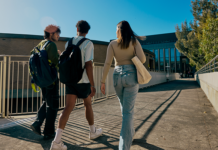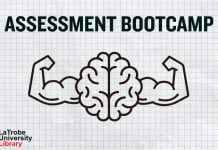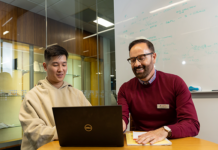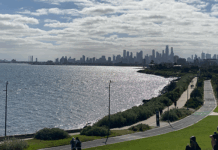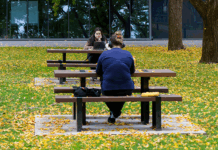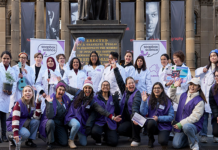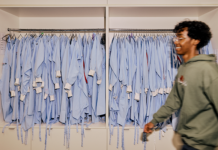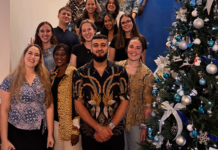Eating Disorders Awareness Week is designed to support raise awareness about the many ways in which eating disorders may be present in our communities. Eating disorders are often not what we think, they can affect anyone of any size, culture or gender and can affect friends, family, peers, lecturers, tutors and colleagues alike. Eating disorders are often characterised by someone having an unhealthy preoccupation with eating, exercise and/or body weight or shape.
Did you know?
It’s estimated that one million Australians have an eating disorder.
Below are some videos from Sumedha, Scott and Rachael who discuss theirs and/or their client’s experience of having an eating disorder, showing three very different experiences of what having an eating disorders can look like.
Tim’s Story
Tim’s story (as told through Scott) is of a young man who was not thin or overweight, but a man who was built, muscular and highly athletic. Tim’s body fitted what all the magazines, movies and media tell us an ideal man’s body should look like, but Tim lived with a daily level of distress about his appearance. Pushing his body through pain instead of missing a workout and avoiding important social events like a mate’s wedding due to not knowing the macro-nutrient content of the food, are just two examples of how Tim’s eating disorder impacted on his life. Listen to Scott as he unpacks the very real reality of muscle dysmorphia and how it affects many men.
Sumeda’s Story
Sumeda shares her experience of not looking “the part” of having an eating disorder and not being aware that she could even be struggling with one. Being an intelligent, connected, ethnic woman with a larger body, she did not fit the typical picture of having an eating disorder. Sumeda shows that eating disorders do not have to impact on one’s identity or sense of who they are. Sharing her experience of reaching out and getting support, Sumeda is a great example of how recovering from an eating disorder is possible. Sumeda recorded this video for Eating Disorders Awareness Week in 2020.
Rachael Story
Rachel shares what life looked like for her before she received her diagnosis of having an eating disorder. Struggling with her body image and yo-yo dieting was “normal” to Rachel when she was growing, as it is for many young people, but there were some signs which she noticed when she moved out of home that hint that there was something wrong. Not feeling comfortable eating out, being anxious about being social, feeling exhausted and run down, were all signs which lead Rachel; to going to see her GP. Rachel begun researching eating disorders and found that there was a list of symptoms she was experiencing that were common among people with an eating disorder. Rachael’s story is another great example that challenges the narrative around having an eating disorder. Like Sumeda, Rachel also recorded this video for Eating Disorders Awareness Week in 2020.
Lived Experience: A chat with Rachel from Eating Disorders Victoria on Vimeo.
You can read more about some of the common warning signs and symptoms of eating disorders here:Warning Signs and Symptoms | National Eating Disorders Association
If you or anyone you know may be experiencing an eating disorder, we recommend you get in touch with your GP or make an appointment with La Trobe’s free Student Counselling Service. It does not matter how big or small the problem may be, La Trobe’s Student Counselling Service is there to support students with their mental health and wellbeing. Offering a free, private and confidential service across all La Trobe’s campuses, seeking support has never been easier.
To read more about the counselling service or to book an appointment, head over to the student wellbeing page by clicking here: Counselling and mental health, Help and Support, La Trobe University
For some helpful self-help resources and for more information about eating disorders, head over to our online resources page by clicking here: Online resources, Help and Support, La Trobe University
If you found yourself feeling distressed or impacted by any of the content shared in this article the
La Trobe University Crisis Line is available after hours and on weekends via phone and text – Ph: 1300 146 307 or Text 0488 884 100.
You can also contact the supports listed below:
Lifeline 13 11 14
The Butterfly Foundation on 1800 33 4673 (Monday–Friday 8am – 9pm), email, or live chat. Eating Disorders Victoria on 1300 550 236 or 9417 6598 (Monday-Friday 9.30am – 5pm
